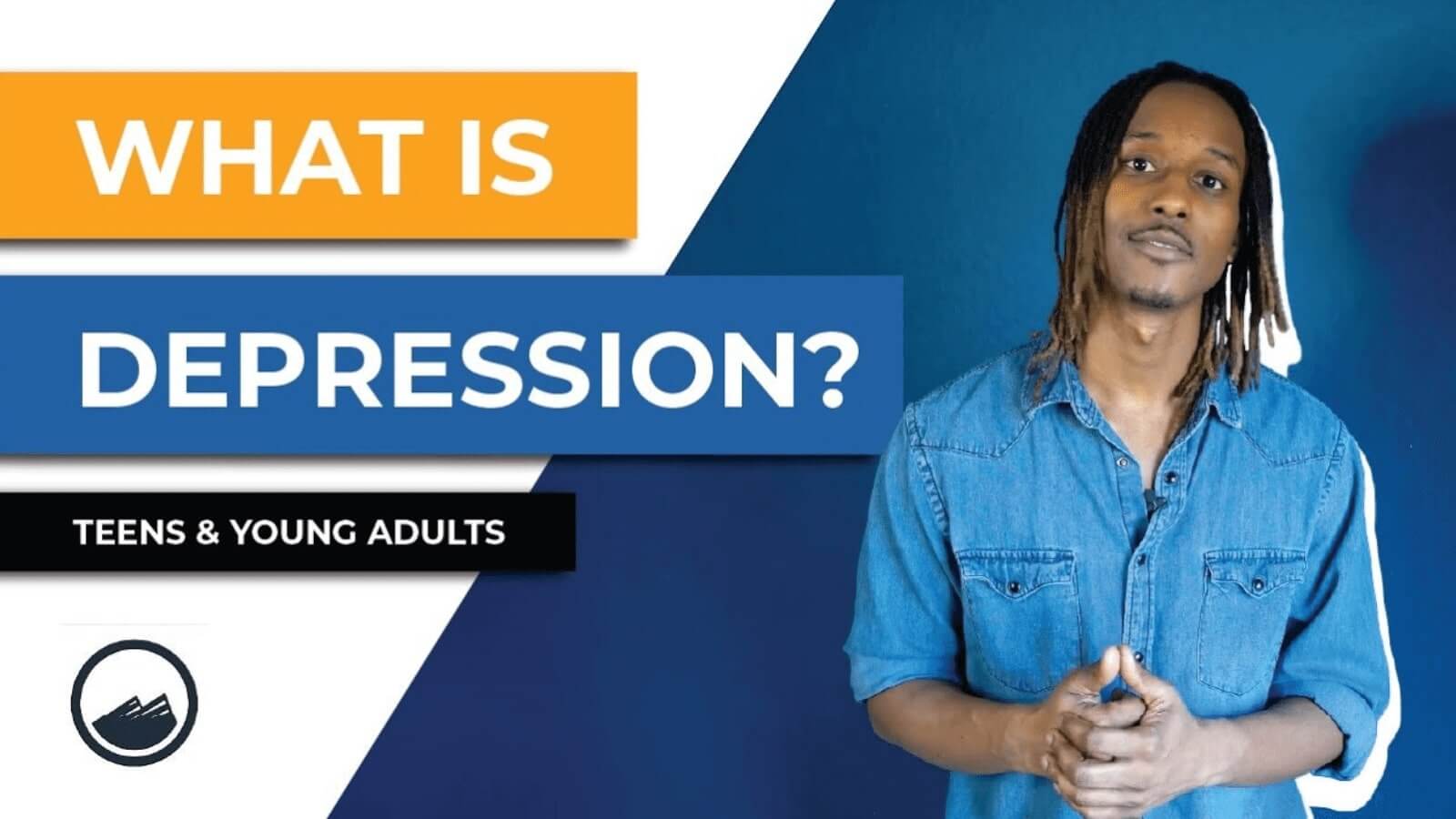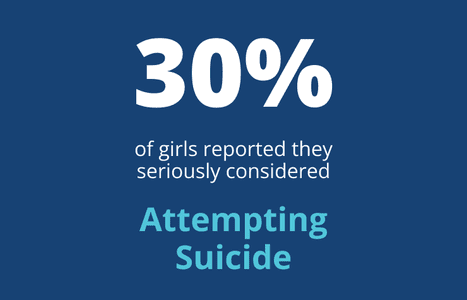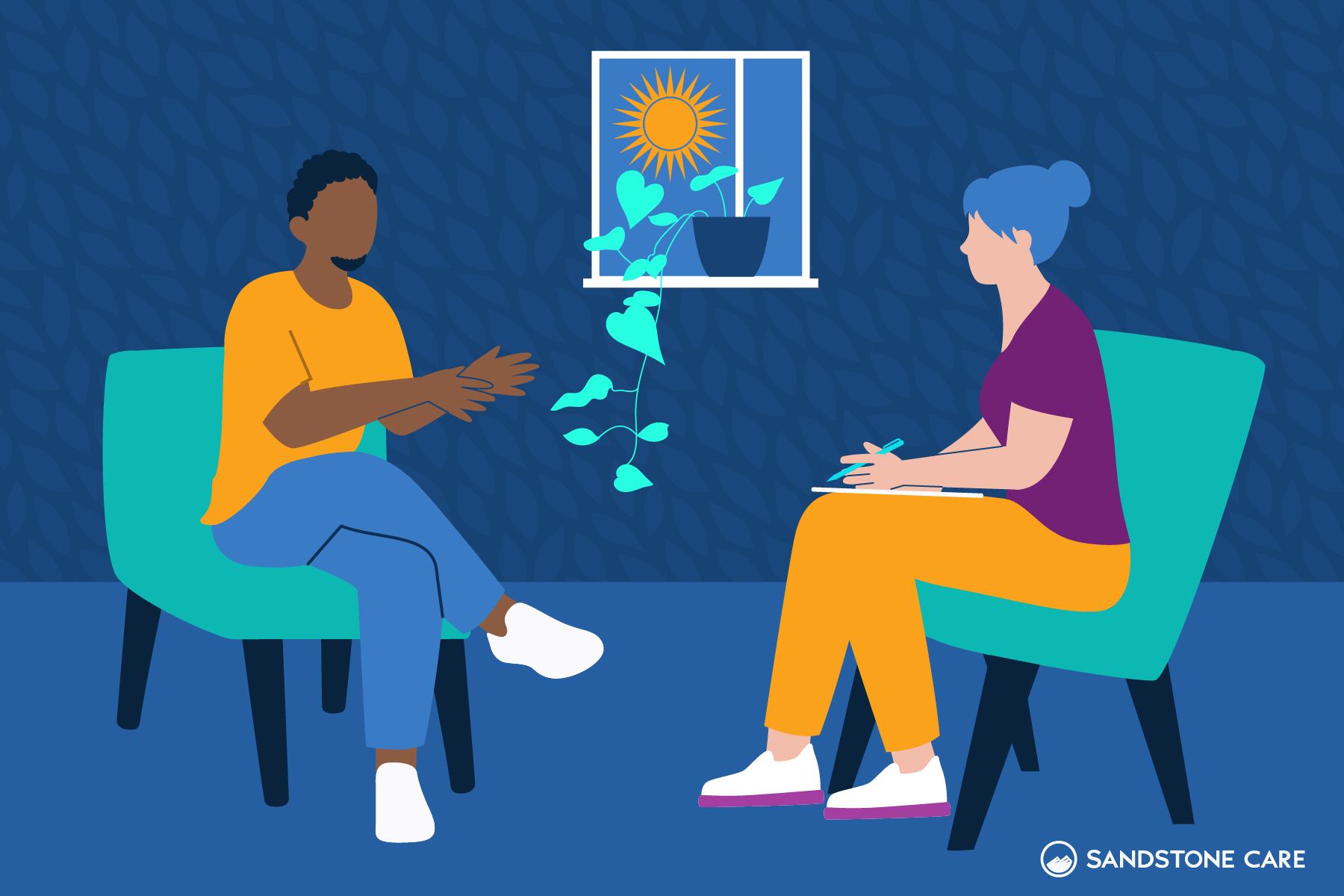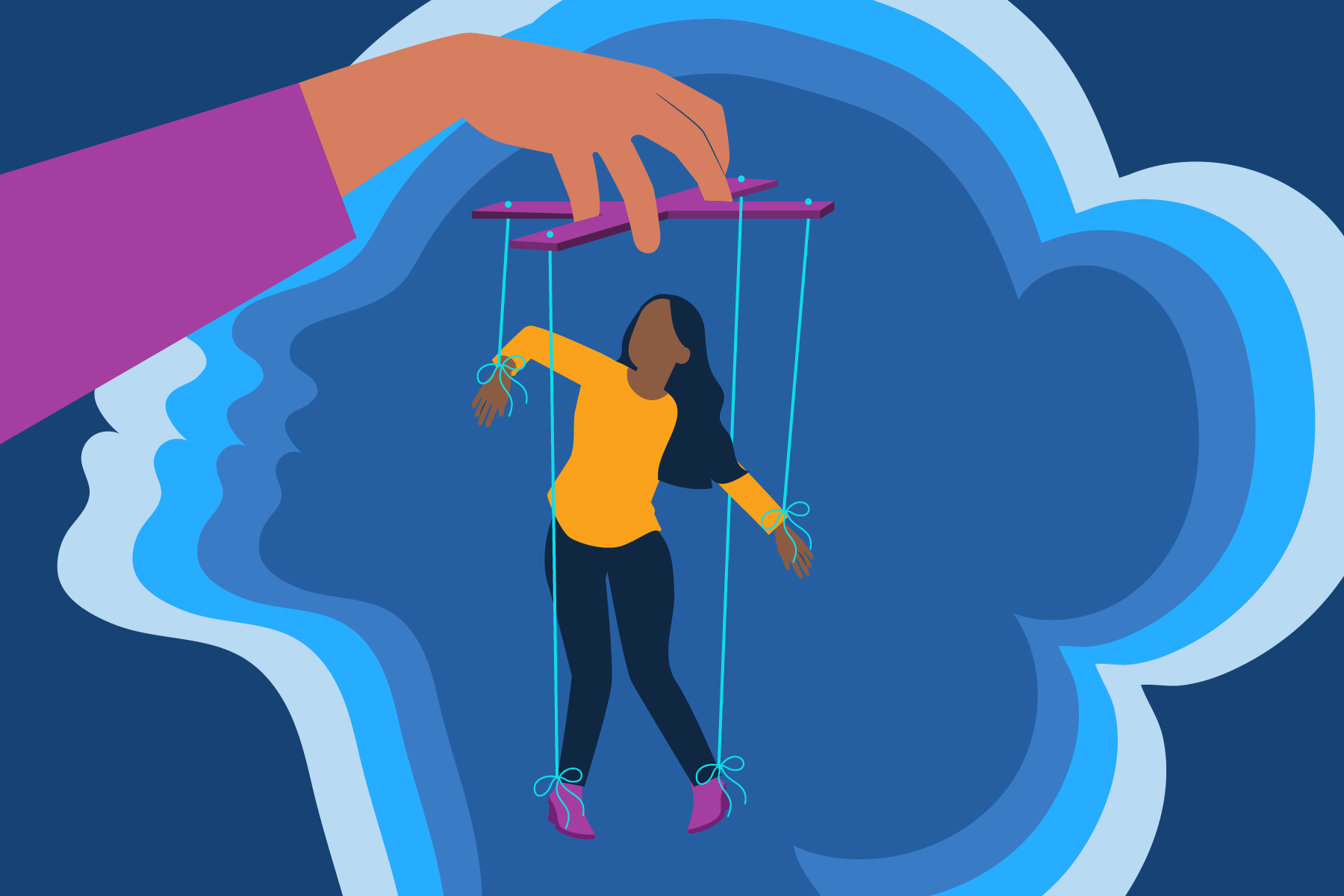Causes of Depression
Although researchers aren’t sure what exactly makes some people more vulnerable to depression than others, they have been able to pinpoint some factors that can lead to it:
- Biological Chemistry: Your kid’s chemical balance might have changed, increasing their risk of depression.
- Hormones: As teenagers’ bodies change, fluctuations in hormone levels can lead to symptoms of depression.
- Family History of Depression: Your child is more likely to develop symptoms of depression if other people in their family have struggled with the same problem.
- Trauma: If your child has gone through a traumatic experience such as physical, emotional, or sexual abuse, bullying, a divorce, or the loss of a parent, they’re more likely to struggle with depression.
“That’s the thing about depression: A human being can survive almost anything as long as she sees the end in sight. But depression is so insidious, and it compounds daily, that it’s impossible to ever see the end.” – Elizabeth Wurtzel, Prozac Nation
Comprehensive Levels of Care
No matter where you are in your recovery journey, our levels of care are personalized to your unique needs.
Depression Symptoms in Teens
When should you be concerned? Is your teen’s emotional low just a phase, or is it more serious than that? These are good questions that any concerned parent would have. If your child shows any of the following behavior patterns, they are at risk and need help:
- Prolonged periods of feeling sad or hopeless (two weeks or more)
- Loss of concern over personal appearance/hygiene issues
- A lack of interest in physical activity
- A lack of self-esteem
- Substance abuse
- Isolation/seclusion from friends and family
- Loss of interest in activities
- A change in sleeping habits
- Loss of interest at school
- Mentioning death or suicide
- Giving away personal belongings
- Increased arguing with parents
- Irritation
- Anger
- Increased sensitivity to criticism
- Increase in headaches or other physical problems
- A change in appetite (eating significantly more or significantly less)
Is It Depression or Just Growing Pains?
As your teen enters puberty, there will be times when he or she seems moody, tired, irritated, and simply not themselves. To tell if it’s growing pains or depression, look for how long symptoms of irritation, moodiness, and feelings of sadness last. If they seem to be persisting longer than a few days and are more intense than normal, talk to your teenager about it and speak to your doctor.
Teen Depression and Addiction
Teen depression and substance use appear to go hand in hand. Researchers explore the causality of depression and addiction, recognizing that teens may start turning to drugs and alcohol as a way to manage depression symptoms. This only exacerbates them, creating a vicious cycle.
Because mental health and substance use treatment tend to be treated separately, there is a growing body of psychiatrists and therapists who believe the best treatment outcome is to treat them together, recognizing and validating the connection between depression and substance abuse.
Find the Right Facility for Your Needs
Explore our treatment center locations and find an option that works for you.
Preventing Depression
Maybe your teen is emotionally healthy, and you’re simply concerned about the possibility that they could develop symptoms of depression. If that’s the case, there are ways you can help to keep them happy, healthy, and balanced. Encourage them to:
- Eat a Healthy, Balanced Diet:
When young people eat healthy meals regularly, their hormone levels are more likely to be in balance. This makes them more likely to feel physically and mentally well.
- Exercise Regularly:
Experts recommend 30 minutes of physical activity at least four days a week. Exercise boosts endorphins and relieves stress and anxiety.
- Lower Their Stress Level:
Too many extracurricular activities (like sports and more) can put undue pressure on your child, leading to physical and emotional problems. Help them prioritize, manage their time, and avoid overextending themselves.
- Build and Maintain Healthy Peer and Familial Relationships:
Connections with friends and family are extremely valuable for your child’s mental health.
- Get Enough Sleep:
Experts recommend that teens get eight to ten hours of sleep per night.
What to Do if Your Child Seems Depressed
One of the hardest things a parent can experience is watching their child suffer through this challenging phase of life without knowing how to help. If you’re seeing signs of depression, you can:
- Talk to your teen.
- Help them open up about their difficulties and worries.
- Listen without judgment and reassure them that they won’t be punished for their honesty. This will help you gain insight into other ways you can help them.
- Talk to your primary care physician about causes that may impact your teen’s depression.
- Get immediate help if your teen shows signs of suicidal behavior. Call 911 or the National Suicide Prevention Lifeline at (800) 273-8255 immediately.
- Get professional advice and support from a treatment center.
Explore Depression Treatment Options for Your Teen
Depression, left untreated, is no way to live. The best outcomes are the combination of psychiatric medication and therapy. Medication can help alleviate depressive symptoms. Individual and family therapy can help your teen learn coping strategies while family members learn more about what depression is and how they can be supportive.
Sandstone Care accepts young people just as they are in our homely, youth-focused environment. Our compassionate and caring staff is ready seven days a week to answer any questions. For more information on our teen residential program that treats depression and substance use in Cascade, Colorado, reach out. We can guide you on the best way to deal with your situation.











